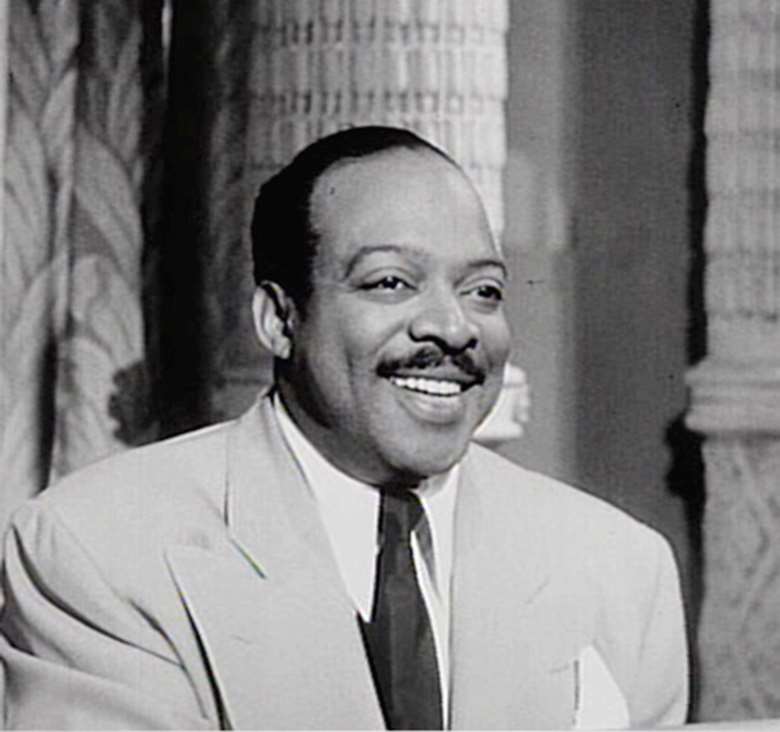Count Basie
Kevin Le Gendre
Along with Duke Ellington’s, Basie's band became one of the most popular of the swing era, delighting audiences with a joyous, rousing groove


Register now to continue reading

Thank you for visiting Jazzwise.co.uk. Sign up for a free account today to enjoy the following benefits:
- Free access to 3 subscriber-only articles per month
- Unlimited access to our news, live reviews and artist pages
- Free email newsletter